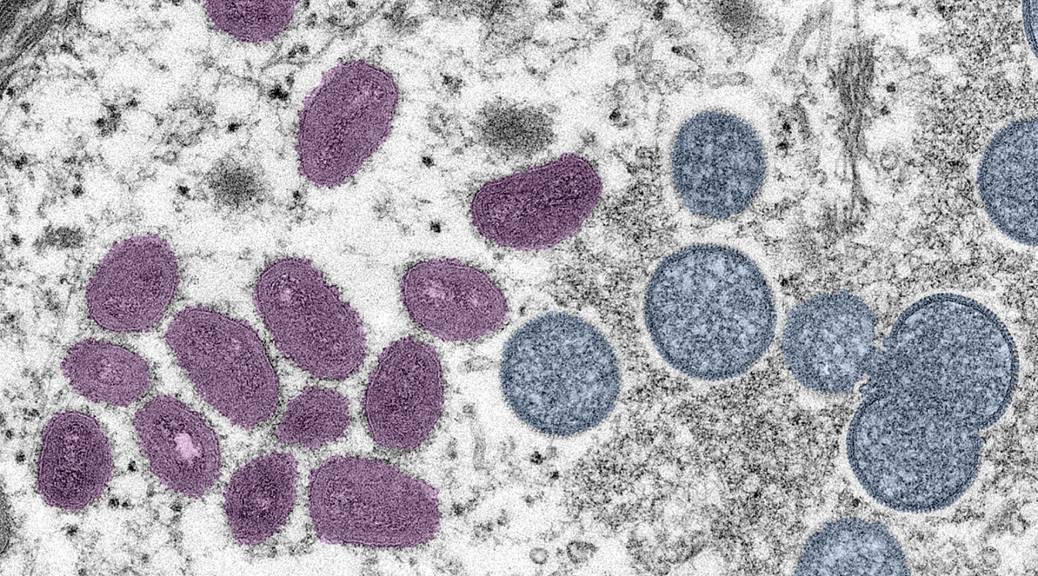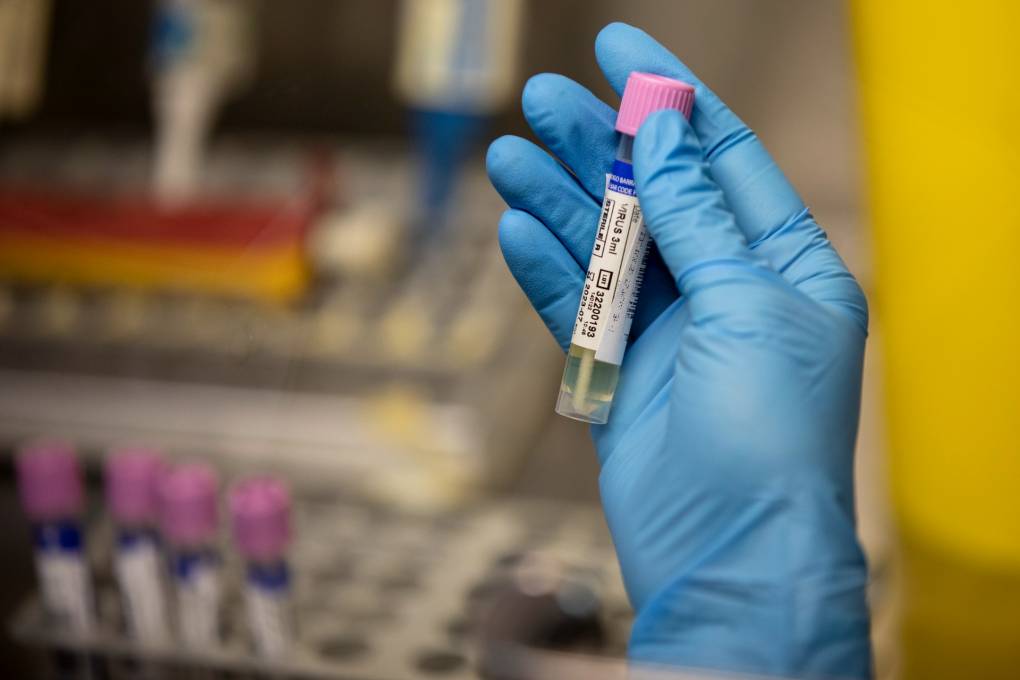"More must be done to expedite the distribution of the vaccine to curb this quickly expanding and painful public health threat," Pelosi wrote. She also called for making virus testing more widely available, warning that "time is of the essence."
Right now, only people with suspected or confirmed exposure to monkeypox are eligible to receive a vaccine in San Francisco, and testing for the virus is limited to those who have a rash.
Rising cases
As of July 19, the Centers for Disease Control and Prevention reported 267 monkeypox cases in California, the second-highest number of cases in the country, behind New York, which has more than 500.
San Francisco health officials on Tuesday reported 141 probable and confirmed monkeypox cases in the city, accounting for well over half of California's total reported cases.
In her letter, Pelosi stressed that "given testing bottlenecks, it is almost certain the current reported cases are a vast undercount of true transmission rates."
"Trusted community providers report massive waitlists and phone lines overrun with those desperate to be vaccinated," she wrote.
Low on vaccines
Last week, San Francisco's existing supply of the Jynneos monkeypox vaccine — which is produced in Denmark — was running extremely low, resulting in long lines of frustrated people waiting for hours outside the SF General Hospital clinic. By mid-week, the city's Department of Public Health announced it had only 50 doses remaining of the 2,300 it had received the previous week — far short of what it requested.
Pelosi's letter confirmed that "vaccination efforts have been suspended due to the severely limited supply" in the city.
On Tuesday afternoon, however, city health officials said they had received more than 4,000 additional doses of monkeypox vaccine from the government, and planned to reopen the SF General clinic by Wednesday.
The clinic will be open 8 a.m. to noon and offer appointments to patients identified as high risk. A limited number of drop-in slots will also be available while supplies last.
"Due to the limits of vaccine supply from the State and federal government, although someone may be eligible for a vaccine, it does not mean a vaccine is readily available," the department said.
City officials have also requested another 35,000 doses from federal supplies, and Pelosi's letter stressed that this amount was calculated based on the estimated number of sexually active men and trans women in the city who have sex with men who were also HIV positive (or HIV negative and using pre-exposure prophylaxis, also known as PrEP), who are at higher risk of serious disease. This, Pelosi wrote, was "a starting point toward vaccinating San Franciscans at highest risk."
Pelosi is hardly the first local public official to criticize the federal response to the recent monkeypox outbreak. Last week, state Sen. Scott Wiener, D-San Francisco, joined public health advocates and community leaders in openly calling the government's initial vaccine response a failure.
"We need an enormous amount of additional vaccine doses, and we need it immediately. The federal government's failures are threatening to deeply harm our community," Wiener said, in a statement.



